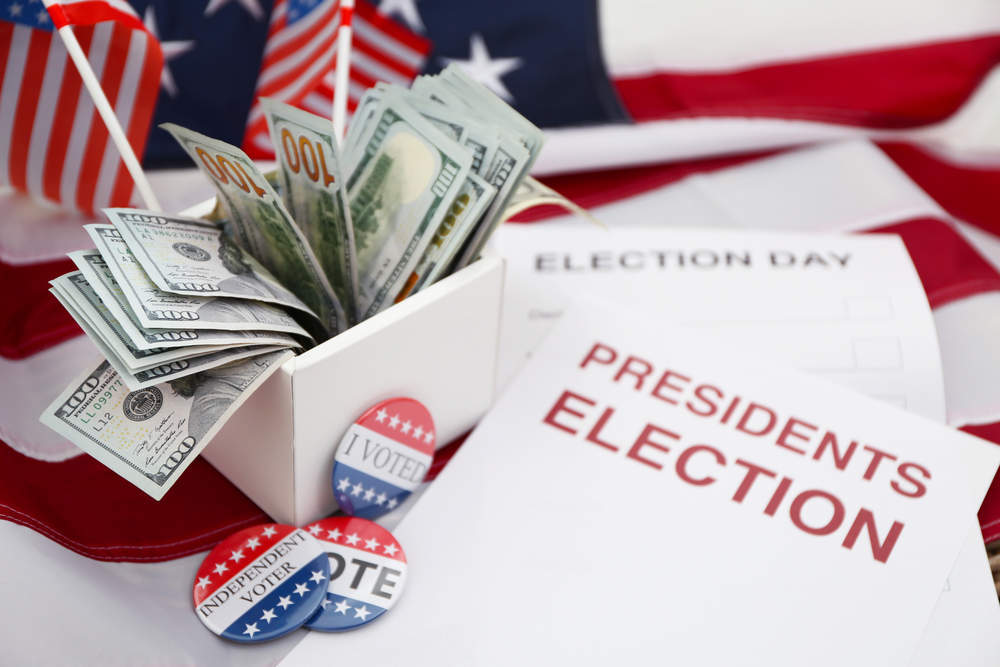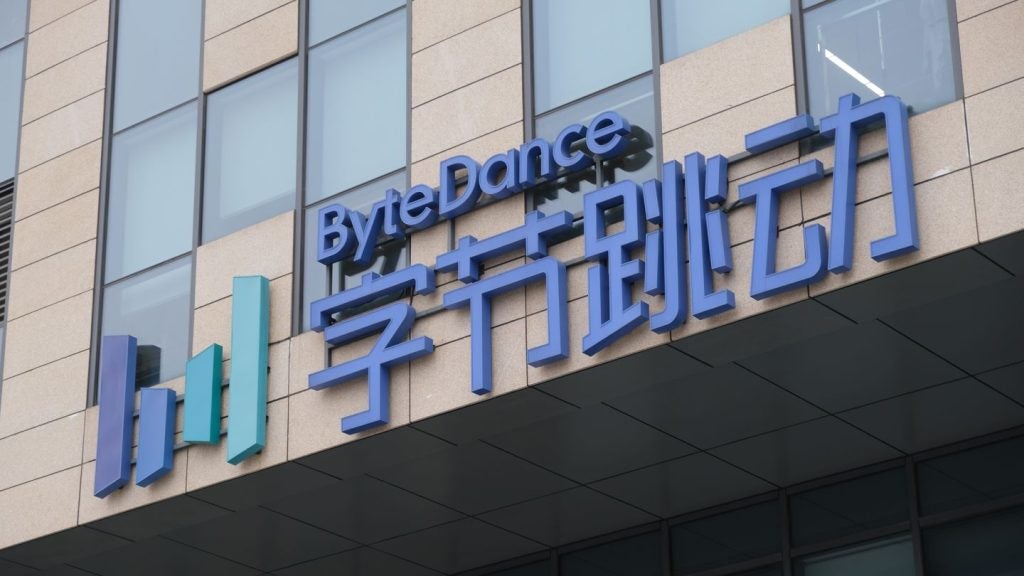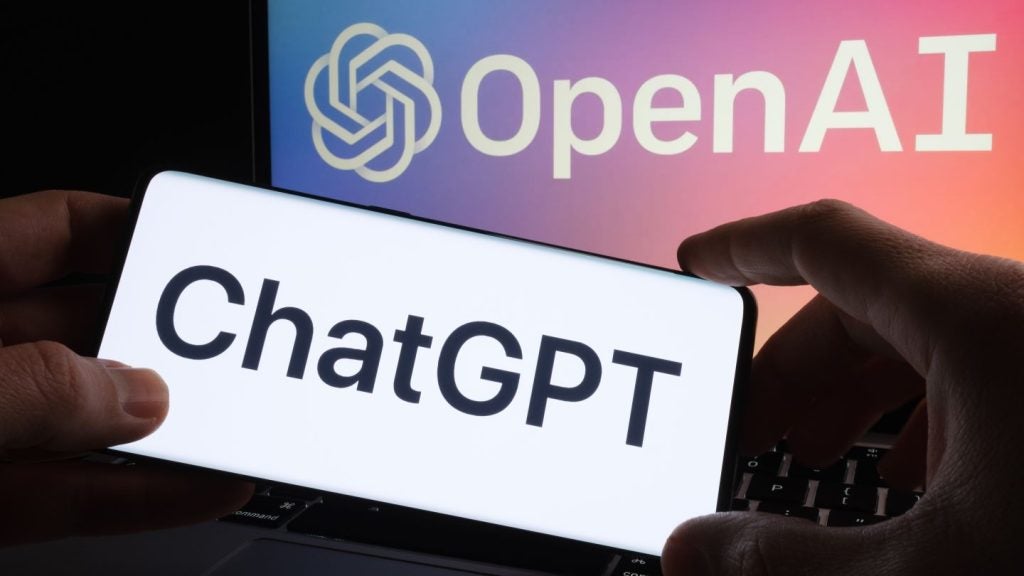
US president Donald Trump set up a voter fraud commission in May, but so far the majority of states have refused to comply with it fully.
Trump created the commission after claiming widespread fraud was the reason why he lost the popular vote in November.
If you could write a book on how to run a federal commission, you could take this as an example and recommend doing the exact opposite every step of the way — Becker
Chaired by vice president Mike Pence, the commission, officially referred to as the Presidential Advisory Commission on Election Integrity, requested the voting information of more than 150m registered voters across the US.
Kansas secretary of state Kris Kobach, vice chairman of the commission, sent a renewed request for voter data to all 50 states last week.
Verdict spoke to David Becker, executive director and founder at the Center for Election Innovation and Research about the commission’s next steps.
How well do you really know your competitors?
Access the most comprehensive Company Profiles on the market, powered by GlobalData. Save hours of research. Gain competitive edge.

Thank you!
Your download email will arrive shortly
Not ready to buy yet? Download a free sample
We are confident about the unique quality of our Company Profiles. However, we want you to make the most beneficial decision for your business, so we offer a free sample that you can download by submitting the below form
By GlobalDataVerdict: The Trump administration is trying to prove that voter fraud is a widespread phenomenon but numerous studies have shown that voter fraud in the US is rare. Is that correct?
David Becker: Yes, there have been many studies over the past decade across the US. A major five-year investigation by the Bush Justice Department found that voter fraud exists but is extremely rare. Voter fraud doesn’t need to be studied further because it isn’t a problem.
Verdict: The commission held its first meeting last month in a secure federal building in Washington. The meeting was accessible to the public only via internet video. What do you make of the way the commission is operating so far?
David Becker: The idea that the commission held a meeting in a secure location that you literally can’t get into unless you’ve been pre-cleared is ridiculous. I was very active in the last presidential commission on electoral reform under Barack Obama.
That was very open. Its research director was a noted and well-respected academic. Everyone knew who he was and what his qualifications were. We don’t have anything like that under this commission.
Verdict: You mean we don’t know what’s really going on behind closed doors and who exactly is involved?
David Becker: Yes, we still don’t know who’s working on this commission. Who are the staff who will have access to the data from the states if it is provided? What are their qualifications for analysing it?
The commission has declined to answer any questions from the states. What are you going to do with this data? How can you be sure that this data is legally protected from disclosure? The commission continues to operate in secrecy, refusing to answer the big questions.
Verdict: Do you think states will comply with the renewed request for information, despite the commission’s lack of transparency?
David Becker: No. There won’t be any more co-operation from states this time. They will only provide the limited publicly available data that they are required to. They will only share what they absolutely must.
Verdict: Will the limited amount of data be enough for the commission to progress with its investigation into voter fraud?
David Becker: Even if the commission got all the publicly available data from all 50 states, they wouldn’t be able to do anything with it. The public data from the voter files includes names, year of birth, party and voting history. The majority of those fields are completely useless when trying to identify individuals across state lines.
People can change party any time they want and voter history has no bearing on matching identity. Addresses mean nothing because you might have an address in one state and an address in another state but you don’t know whether that’s because the same person moved or if there’s two people with the same name living in different states.
Verdict: That sounds quite tricky…
David Becker: It is. Take the name John Kelly. He’s the new chief of staff, but there are literally hundreds of thousands of John Kelly’s in the US. You can’t possibly differentiate.
Can you imagine how many John Kelly’s were born in a given year in the US. There could be a John Kelly living at 123 Main Street in California and a John Kelly living at 123 First Avenue in New York and they’re both born in 1950. What do you know based on that information?
Verdict: Nothing?
David Becker: Right, you don’t know anything. You don’t know if they’re the same John Kelly who happened to move from one state to another, or if there are two different John Kelly’s who were born in the same year.
So the methodology the commission intends to use would literally flag millions of law-abiding Americans as potentially fraudulent because this data is just not sufficient to be able to establish the match.
Verdict: The commission has also requested the last four digits of citizens’ social security number. Surely that would identify people?
David Becker: Members of the commission know that social security numbers aren’t publicly available — not even in vice-chair Kobach’s home state of Kansas — so why ask for it it? If you’ve got the resources of a commission I don’t know why you can’t make 50 calls to all the states and just collect the data that way.
So the question becomes: Is the commission’s direct request to the states simply an attempt to receive more information than what is already publicly available?
Verdict: When you put it like that, it seems like the whole commission is a huge waste of time and effort.
David Becker: It is. We are being distracted by this commission’s wild goose chase right now, when we know that voter fraud is extremely rare.
At the same time, American elections do face a serious threat, which is foreign interference in our elections. There’s still no hard evidence that the actual votes themselves were tampered with, but there were certainly attempts to delegitimise western democracy and depress voter confidence.
All this commission is doing is putting an enormous burden on states to provide publicly available data. If it’s publicly available why don’t you just go get it rather than make the states do your work for you.
If you could write a book on how to run a federal commission, you could take this as an example and recommend doing the exact opposite every step of the way.







